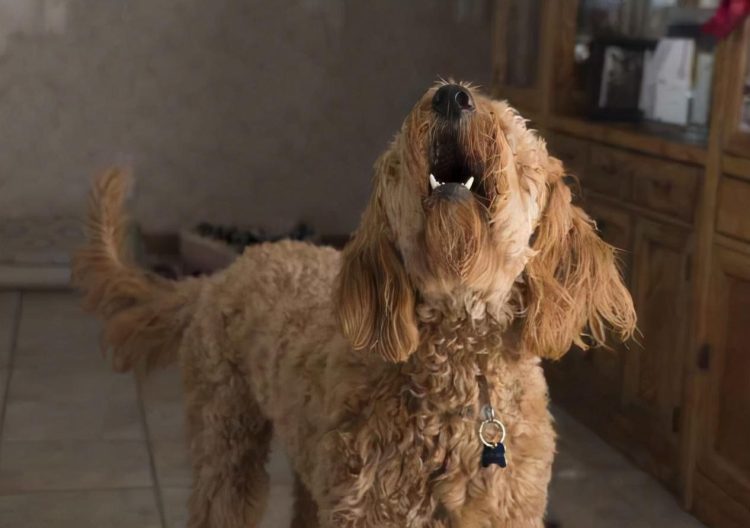The Puzzling Phenomenon of Canine Hiccups
Pet owners often encounter peculiar behaviors in their beloved companions, and one such bewildering occurrence is when a dog exhibits sudden, hiccup-like jerks. These spasmodic movements can be a source of concern and confusion, prompting a quest for answers and reassurance.
A Veterinarian’s Insight on Dog Hiccups
Dr. Guo Cansen, a practicing veterinarian at the Love Pet Animal Hospital on Wuhan Road, offers his expertise on the subject. Specializing in a range of fields from orthopedics to exotic pet diseases, Dr. Guo provides a comprehensive look at what might be behind these mysterious twitches.

Identifying the Jerks: Hiccups or Something More?
- True Hiccups: Often, the jerks are simply hiccups, a result of dietary indiscretions, cold or irritating food, rapid ingestion, overeating, or the hardness of the consumed items causing spasms in the hiccup muscle.
- Dry Heaving: Another possibility is dry heaving, indicative of stomach issues. Observing for additional symptoms like vomiting, a decline in spirits, or loss of appetite is crucial. If such signs are present, determining the underlying cause is necessary.
- Cough Confusion: A common misinterpretation occurs when coughs are mistaken for hiccups. A coughing dog may seem to have something stuck in its throat, accompanied by spasmodic body movements, but without the presence of vomit—though saliva might be more evident.
- Digestive Distress: Jerking similar to hiccups could stem from indigestion. Encouraging exercise or following veterinary advice for stomach-friendly supplements may alleviate the issue.
- Anxiety-Induced Hiccups: Feelings of unease or psychological stress can also trigger hiccups. Gentle soothing, warm water, and offering easily digestible favorites in small, frequent meals can help the dog relax and, consequently, reduce hiccup bouts.
Easing Your Dog’s Hiccups:
Incorporating probiotics into your dog’s diet can help balance intestinal flora. If hiccups are a rare occurrence and your dog’s mood, appetite, and bowel movements are normal, there’s likely no cause for alarm. However, if hiccups are frequent and the dog appears distressed, a veterinary consultation is advised to identify the cause.























































